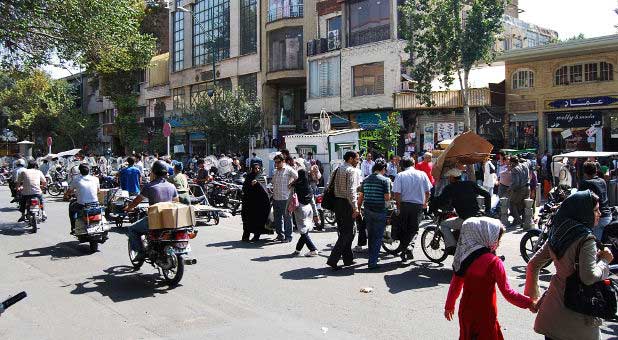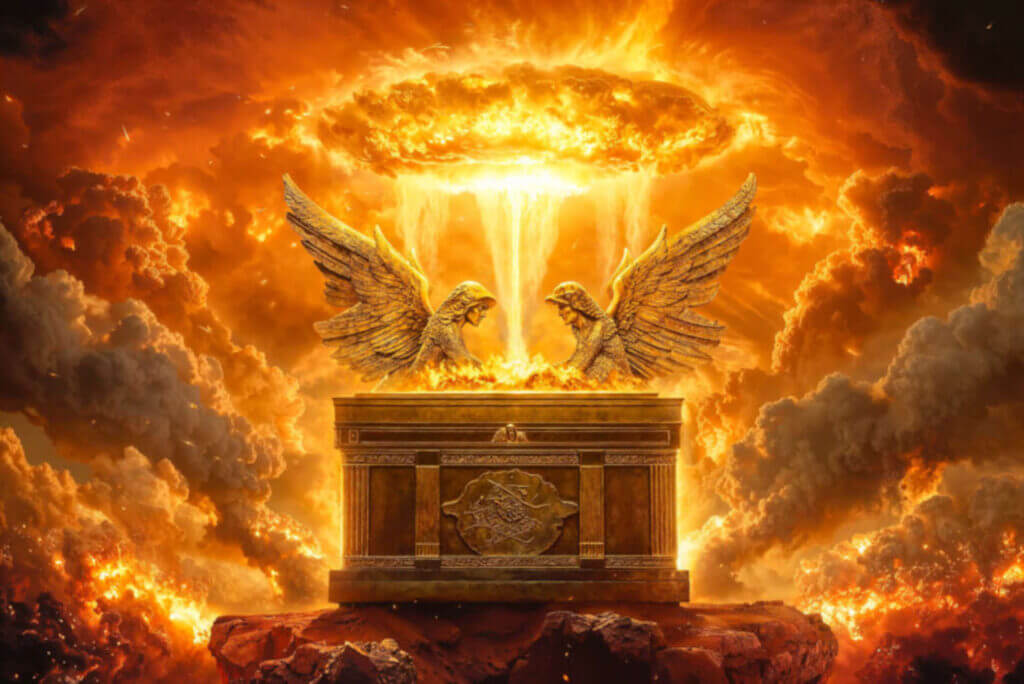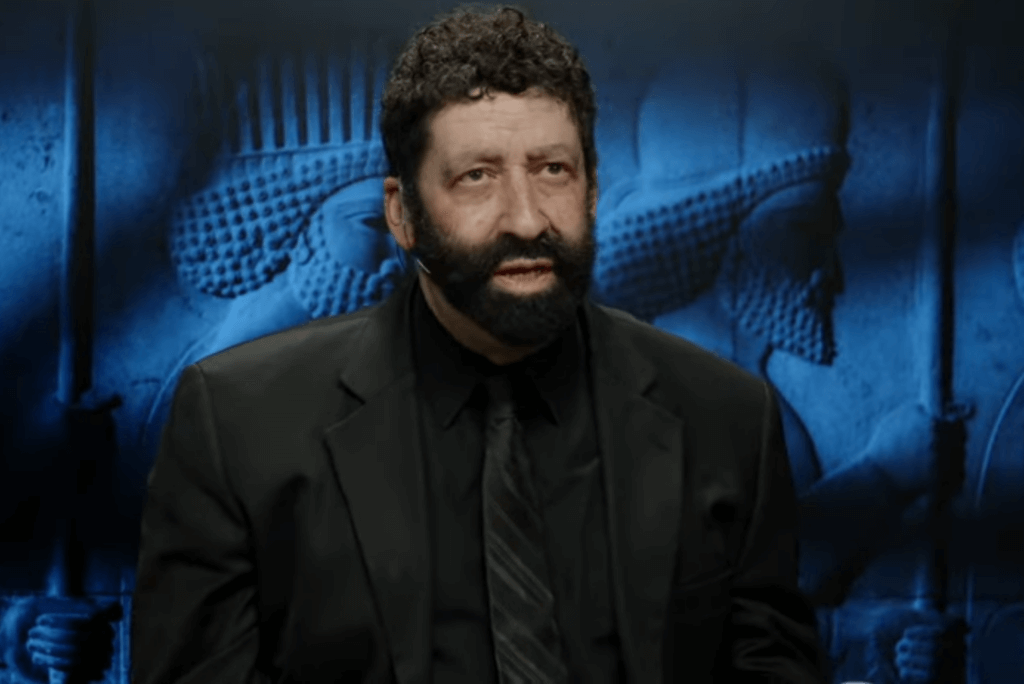Iran’s continued mistreatment of its Christian minority was raised at a recent meeting of the United Nations Human Rights Council.
Attieh Fard, a lawyer specializing in human rights, urged President Hassan Rouhani to make good on his promises to the United Nations in New York by releasing the 42 Christians known to be in jail and the 45 awaiting trial.
Fard said these figures represent only known cases and that the number is likely to be much higher, but that many have remained silent due to threats by the government.
In doing so, she said in her Sept. 24 report, the government had infringed its national and international legal obligations.
At least 300 Christians have been arrested in the past three years in Iran, with the most common charges being actions against public security and propaganda against the regime. Many of these Christians were arrested while taking part in “house churches”, small meetings of Christians who gather to worship and pray together.
“In bringing about these charges against Christians, both the government and the judiciary have made an error of law and fact because Christian gatherings either at homes or churches are mainly formed for Christians to worship together and to read and study the Bible, not to change the regime, and they do not have a goal of any political activity. So these are wrong judgments,” said Fard.
Fard added that similar gatherings were run by Shia Muslims, who meet together in groups to study the Quran and pray, but that these meetings had not been judged to have been a threat to national security.
Fard said that some Christians who are imprisoned are forced to listen to the Quran and put under “great pressure” to convert to Islam.
She said that many some of them are tortured and have their possessions confiscated. Then after they are released, they often lose the right to education or employment.
Article 26 of the Iranian Constitution gives the right to religious minorities, including Christians, to form societies and to meet together. As such, Fard said house churches are legitimate entities.
Many pastors have been arrested, while even those who are released are often kept under a kind of house arrest, according to Fard.
The Rev. Robert Asseriyan, who was arrested earlier this year, is one such example. Since his release, Asseriyan has been prevented from speaking with any other Christians, she said.
“Some church leaders who are not arrested are threatened by the government that unless they cease their activities or stop going to churches, either they will be harmed or their families will be harmed—either killed, or physically attacked or raped,” she said.
Iran has announced that it is committed to the International Covenant on Civil and Political Rights, including Article 18, which ensures the right of any individual to change religion.
However, Fard said that the government has “repeatedly arrested Christians who have converted from Islam, confiscated their properties and forced them to quit their job or forced their employers to fire them”.
Fard shared the example of one teacher who had been working for the Ministry of Education for 30 years. After he was found to be a Christian, he was fired.
Some Christian women have lost custody of their children after their divorces from Muslim men because they are judged as Christians to have forfeited their rights. In one case, the judge told a mother of a two-year-old daughter that she could retain custody of her daughter if she became Muslim. Meanwhile, many Christians are forced to marry in Muslim ceremonies and to conduct Islamic funerals for Christian family members.
The government’s recent release of two Christian women was welcome, said Fard, but she urged the government to “release all Christian prisoners and to protect their civic rights once they are released”.
Fard also mentioned the government’s closure of Farsi-speaking churches, adding that not only are Christians prevented from inviting non-Christians to attend but that they are prevented from accepting any non-Christian who wishes to attend.
The government’s request for all churches to provide the national identity card details of all members and to install CCTV cameras in churches are against Article 23 of Iran’s Constitution, which prohibits the government from requesting details of a person’s religion or belief.
Fard concluded: “It is obvious that the Islamic government of Iran has taken actions to prevent access of both Christians and the public to Christian societies, to churches, to Christian literature and religion, despite the Christians’ constitutional, national and international rights. Now Iran has said it is committed to its international obligations, it should in fact start to take measures to protect these constitutional rights.”
See an error in this article?
To contact us or to submit an article






















